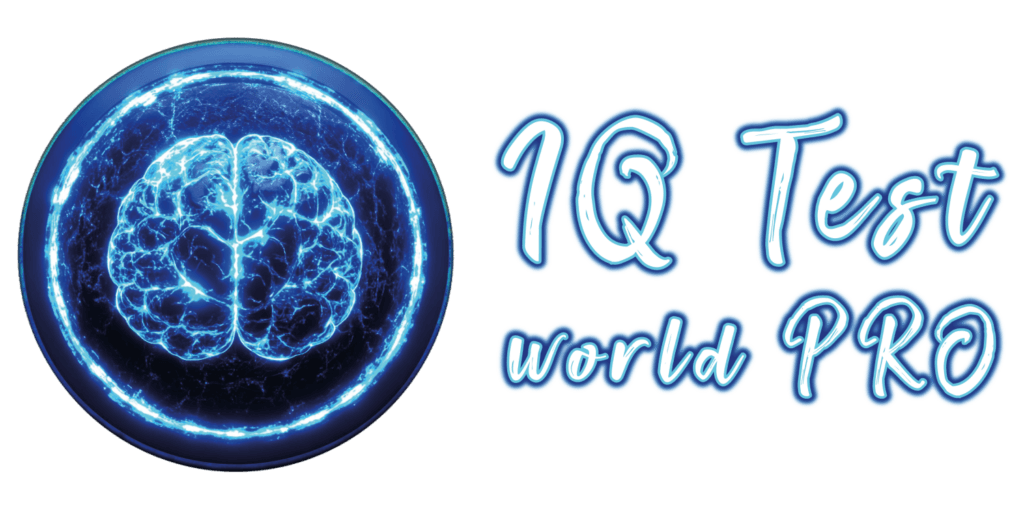What Does It Really Mean?
The concept of intelligence quotient (IQ) has fascinated people for decades. But what exactly does your IQ score represent? Does a high score mean you’re destined for success? Or is intelligence too complex to be encapsulated by a single number? In this article, we’ll delve into the meaning behind IQ scores, how they are measured, and their real-world implications.
What is IQ?
IQ stands for Intelligence Quotient, a standardized measure of a person’s cognitive abilities in relation to their age group. It is calculated using a series of tests designed to assess various mental functions such as logic, problem-solving, and verbal reasoning.

How Are IQ Scores Calculated?
IQ tests are structured to provide a statistical distribution of scores, with an average set at 100. This score is derived using a bell curve:
- Below 85: Below average
- 85–115: Average
- 116–130: Above average
- 131 and above: Gifted or highly intelligent
Most IQ tests, such as the Stanford-Binet or Wechsler scales, measure different dimensions of intelligence, including verbal comprehension, working memory, and processing speed. While these tests offer insights into cognitive abilities, they are not comprehensive indicators of one’s full intellectual potential.
What Does Your IQ Score Mean?
An IQ score provides a snapshot of certain cognitive abilities but doesn’t define your overall intelligence or potential. Here’s what an IQ score can and cannot tell you:
What It Tells You:
IQ scores can reveal your aptitude for solving certain types of problems and your potential for academic or specialized tasks. For example, high scores often correlate with success in logic-heavy fields like mathematics or engineering.
What It Doesn’t Tell You:
Emotional intelligence, creativity, perseverance, and practical skills, all critical aspects of intelligence, are not measured by traditional IQ tests.
A high IQ is a tool, not a guarantee of success. It’s how you leverage your cognitive abilities that matters most.
Limitations of IQ Testing
IQ tests are not without controversy. Critics argue they can be culturally biased, favoring those familiar with specific languages or experiences. Additionally, they may overlook non-academic intelligence, such as artistic creativity or interpersonal skills.
Real intelligence is multifaceted, encompassing not only raw intellect but also adaptability, emotional understanding, and resilience.
Why Understanding IQ is Important
Understanding your IQ score can be empowering—it provides a baseline for your cognitive strengths and areas for improvement. However, it’s crucial to remember that intelligence is fluid. Brain training exercises, continuous learning, and life experiences can enhance cognitive abilities over time.

Conclusion
Your IQ score is just one piece of the puzzle that makes up your intelligence. It’s a starting point, not a destination. Embrace your unique abilities and remember that intelligence is as much about effort and adaptability as it is about raw cognitive power.
Ready to understand your own IQ score better? Take our quick and reliable IQ test and gain personalized insights into your cognitive profile.

